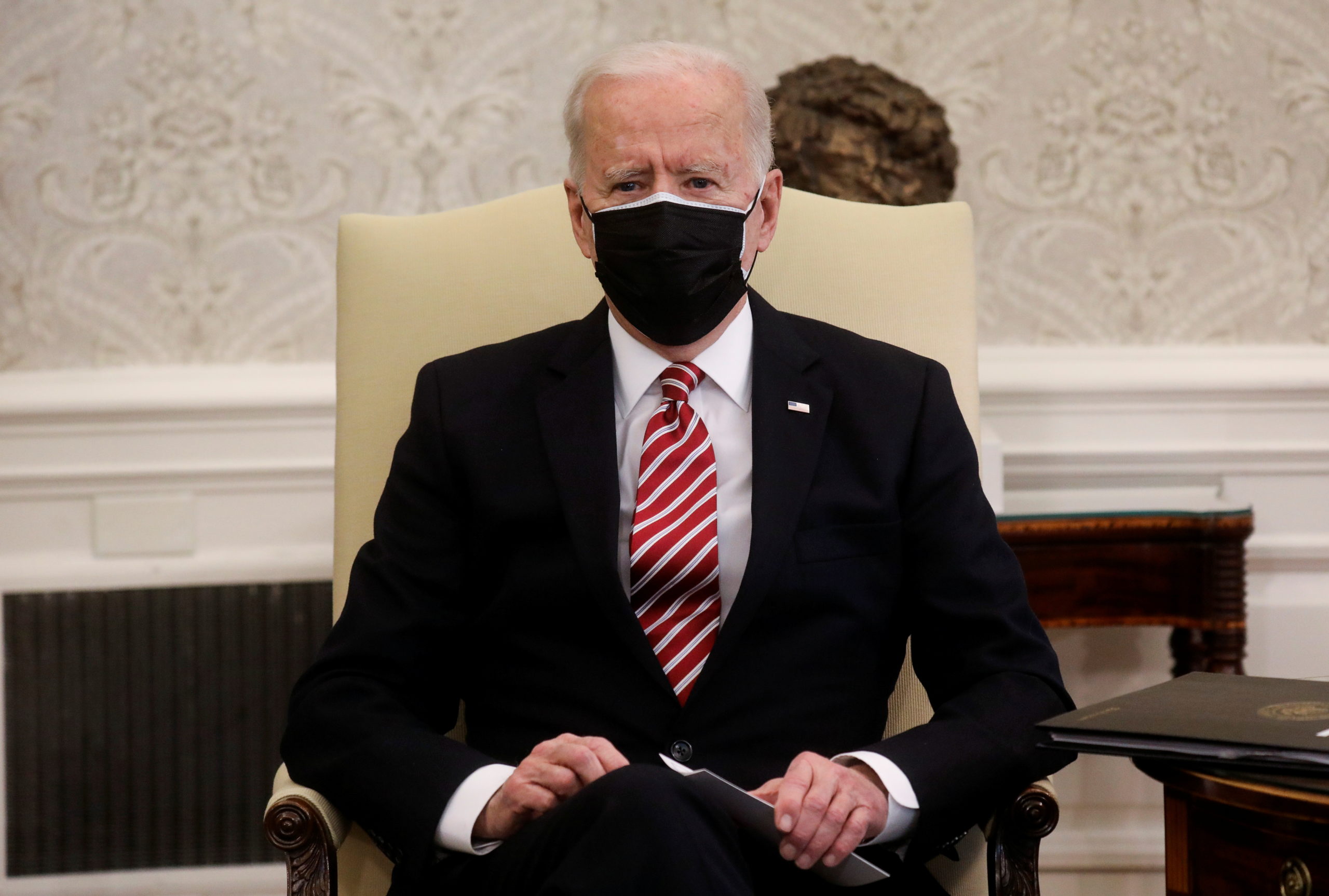The prison service made the announcement after the flight carrying Navalny landed in the Russian capital, though at a different airport than had been scheduled. It was a possible attempt to outwit journalists and supporters who wanted to witness Navalny’s return.
Russia’s prison service last week issued a warrant for his arrest, saying he had violated the terms of suspended sentence he received on a 2014 conviction for embezzlement. The prison service has asked a Moscow court to turn Navalny’s 3 1/2-year suspended sentence into a real one.
After boarding the Moscow flight in Berlin on Sunday, Navalny said of the prospect of arrest: “It’s impossible; I’m an innocent man.”
The Kremlin has repeatedly denied a role in the opposition leader’s poisoning.
Navalny supporters and journalists had come to Moscow’s Vnukovo Airport, where the plane was scheduled to land, but it ended up touching down at Sheremetyevo airport, about 40 kilometers (25 miles) away. There was no immediate explanation for the flight diversion.
The OVD-Info group, which monitors political arrests, said at least 37 people were arrested at Vnukovo Airport, although their affiliations weren’t immediately clear.
Vnukovo banned journalists from working inside the terminal, saying in a statement last week that the move was due to epidemiological concerns. The airport also blocked off access to the international arrivals area.
Police prisoner-detention vehicles stood outside the terminal on Sunday.
The independent newspaper Novaya Gazeta and opposition social media reported Sunday that several Navalny supporters in St. Petersburg had been removed from Moscow-bound trains or been prevented from boarding flights late Saturday and early Sunday, including the coordinator of his staff for the region of Russia’s second-largest city.
Navalny fell into a coma while aboard a domestic flight from Siberia to Moscow on Aug. 20. He was transferred from a hospital in Siberia to a Berlin hospital two days later.
Labs in Germany, France and Sweden, and tests by the Organization for the Prohibition of Chemical Weapons, established that he was exposed to a Soviet-era Novichok nerve agent.
Russian authorities insisted that the doctors who treated Navalny in Siberia before he was airlifted to Germany found no traces of poison and have challenged German officials to provide proof of his poisoning. They refused to open a full-fledged criminal inquiry, citing a lack of evidence that Navalny was poisoned.
Last month, Navalny released the recording of a phone call he said he made to a man he described as an alleged member of a group of officers of the Federal Security Service, or FSB, who purportedly poisoned him in August and then tried to cover it up. The FSB dismissed the recording as fake.





